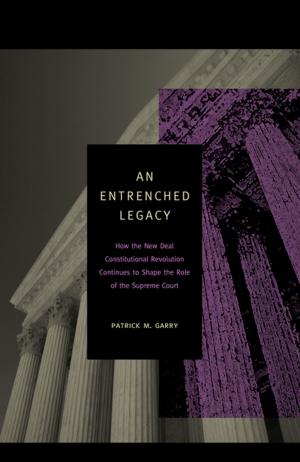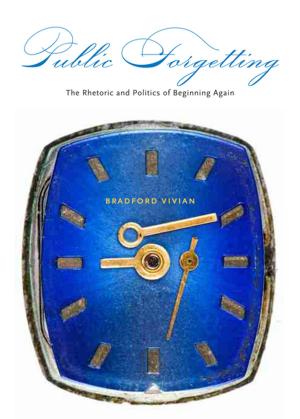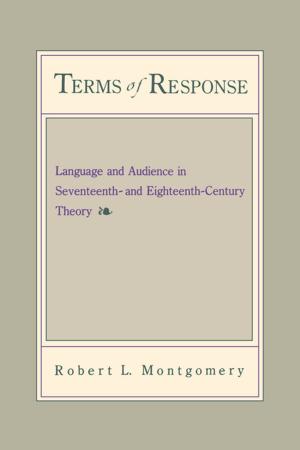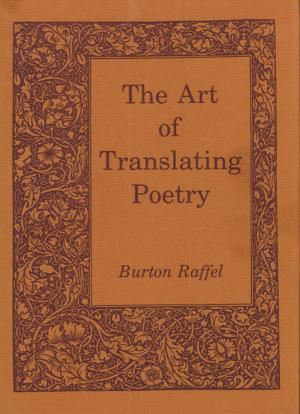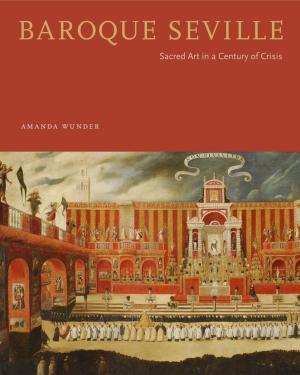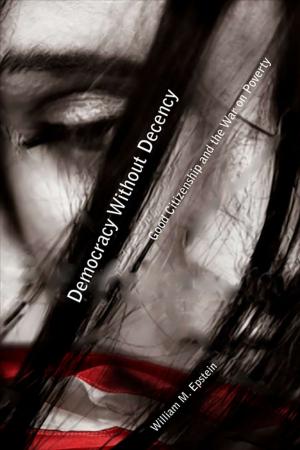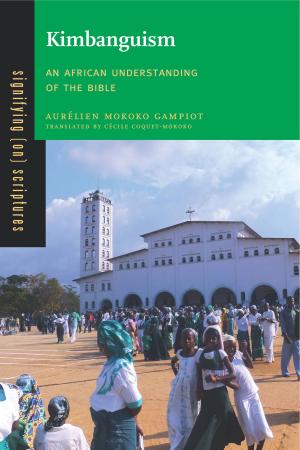Religious Routes to Gladstonian Liberalism
The Church Rate Conflict in England and Wales 1852–1868
Nonfiction, Religion & Spirituality, Christianity, Church, Church & State, Social & Cultural Studies, Political Science, Politics, History & Theory, History, British| Author: | Jacob Ellens | ISBN: | 9780271072579 |
| Publisher: | Penn State University Press | Publication: | September 20, 1994 |
| Imprint: | Penn State University Press | Language: | English |
| Author: | Jacob Ellens |
| ISBN: | 9780271072579 |
| Publisher: | Penn State University Press |
| Publication: | September 20, 1994 |
| Imprint: | Penn State University Press |
| Language: | English |
This book, covering the period 1832 to 1868, describes how the so-called "church rates" controversy contributed to the rise of a secular liberal state in England and Wales. The church rate was an ancient tax required of all ratepayers, regardless of denomination, for the upkeep of parish churches of the Church of England. This meant that Dissenters and other non-Anglicans paid for the support of the established Church.
In the 1830s, however, the Dissenters determined to tolerate the situation no longer. The resulting thirty-six-year struggle became the central church-state issue of the Victorian period. Ellens further argues that church rates played a pivotal role in the shaping of Victorian liberalism. Dissenters desired a society in which church and state would be separate and religious affairs voluntary. When Gladstone decided to champion the Dissenters' "voluntaryist" cause in the 1860s, he established the relationship that would give him the solid basis of electoral strength he needed to carry out the great liberal reforms of his governments after 1868. Elegantly written and argued, this book carefully details the process of disestablishment in England and Wales and uncovers an important and little-recognized dimension to the formation of the Liberal party.
This book, covering the period 1832 to 1868, describes how the so-called "church rates" controversy contributed to the rise of a secular liberal state in England and Wales. The church rate was an ancient tax required of all ratepayers, regardless of denomination, for the upkeep of parish churches of the Church of England. This meant that Dissenters and other non-Anglicans paid for the support of the established Church.
In the 1830s, however, the Dissenters determined to tolerate the situation no longer. The resulting thirty-six-year struggle became the central church-state issue of the Victorian period. Ellens further argues that church rates played a pivotal role in the shaping of Victorian liberalism. Dissenters desired a society in which church and state would be separate and religious affairs voluntary. When Gladstone decided to champion the Dissenters' "voluntaryist" cause in the 1860s, he established the relationship that would give him the solid basis of electoral strength he needed to carry out the great liberal reforms of his governments after 1868. Elegantly written and argued, this book carefully details the process of disestablishment in England and Wales and uncovers an important and little-recognized dimension to the formation of the Liberal party.




